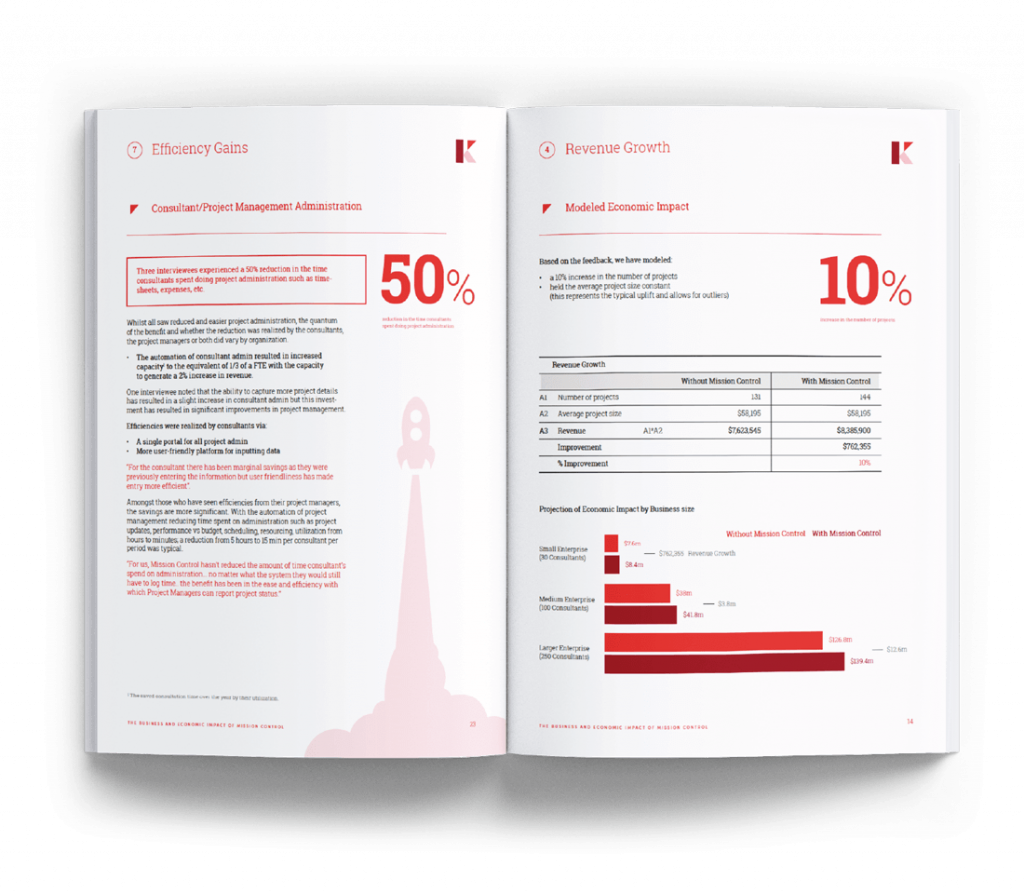In the ever-evolving landscape of healthcare and pharmaceuticals, technology plays a pivotal role in transforming the industry. Salesforce, a global leader in customer relationship management (CRM) software, has taken a giant leap forward in serving the needs of life sciences and pharmaceutical organizations by introducing the “Life Sciences Cloud.” This innovative platform is poised to revolutionize the way pharmaceutical companies operate, offering an array of cutting-edge tools and solutions designed to enhance collaboration, streamline processes, and ultimately advance patient care. In this article, we will delve into the world of Salesforce’s Life Sciences Cloud and explore how it’s set to reshape the pharmaceutical industry.
The Digital Transformation of Healthcare
The life sciences and pharmaceutical industry is no stranger to digital transformation. As technology continues to redefine how we interact with the world, healthcare is experiencing its own revolution, driven by data, analytics, and connectivity. The quest for better patient outcomes, more efficient research and development, and greater collaboration among stakeholders has pushed the industry to adapt and innovate rapidly.
Salesforce has been at the forefront of this transformation, offering cloud-based CRM solutions that empower organizations to connect with their customers, partners, and employees in entirely new ways. Their latest endeavor, the Life Sciences Cloud, is a testament to the company’s commitment to the healthcare industry’s digital evolution.
The Pillars of Salesforce’s Life Sciences Cloud
- Patient-Centric Approach: One of the primary focuses of the Life Sciences Cloud is to place patients at the center of every decision and interaction. Salesforce aims to facilitate more personalized, patient-centric care by enabling organizations to capture, analyze, and act upon patient data in real-time. This approach fosters better engagement between healthcare providers and patients, which can lead to improved adherence to treatment regimens and overall health outcomes.
- Enhanced Collaboration: Salesforce recognizes that the pharmaceutical industry’s success hinges on collaboration across various stakeholders, including healthcare providers, researchers, payers, and patients. The Life Sciences Cloud offers a unified platform where all these entities can communicate, share information, and collaborate seamlessly. This fosters a more holistic approach to healthcare, where data-driven insights are accessible to everyone involved.
- Streamlined Clinical Trials: The drug development process is often protracted and costly, with lengthy clinical trial phases being a significant bottleneck. Salesforce’s platform streamlines the clinical trial process by offering tools to automate data collection, monitor patient progress, and ensure compliance with regulatory standards. This expedites drug development and potentially brings life-saving medications to market more quickly.
- Real-World Evidence (RWE): In an era where data-driven decision-making is king, RWE plays a pivotal role in pharmaceutical research. The Life Sciences Cloud provides capabilities to collect and analyze real-world data, allowing pharmaceutical companies to gain insights into how their products perform in real-world settings. This data can inform post-market surveillance, improve product development, and support more personalized treatment plans.
Key Features of Salesforce’s Life Sciences Cloud
– **360-Degree View of the Patient**: Salesforce’s platform empowers healthcare professionals to gain a comprehensive view of each patient, including medical history, treatment plans, and ongoing care. This holistic view ensures better-informed decisions and more personalized treatment strategies.
– **Predictive Analytics**: Leveraging the power of artificial intelligence, Salesforce’s Life Sciences Cloud uses predictive analytics to identify potential health issues, patient trends, and therapeutic opportunities. This allows healthcare providers to intervene proactively and improve patient outcomes.
– **Patient Engagement**: Enhanced patient engagement tools enable healthcare providers to interact with patients more effectively, resulting in increased adherence to treatment plans and better self-care practices.
– **Integrated Data Management**: The platform seamlessly integrates data from various sources, including electronic health records (EHRs), wearables, and patient surveys. This consolidated data helps healthcare professionals make more informed decisions.
– **Regulatory Compliance**: The Life Sciences Cloud is designed to meet stringent regulatory requirements and standards, ensuring that patient data is protected and secure at all times.
– **Customization**: Salesforce’s platform can be tailored to the specific needs of each pharmaceutical organization, providing a flexible solution that can adapt to evolving healthcare landscapes.
Benefits and Impact on Pharma Organizations
- **Improved Patient Outcomes**: By placing the patient at the center of care, pharmaceutical organizations can make more informed decisions, leading to improved patient outcomes. Patients are more likely to adhere to their treatment plans when they feel actively engaged in their healthcare journey.
- **Accelerated Drug Development**: The streamlined clinical trial processes and data-driven insights enable pharmaceutical companies to bring new medications to market more rapidly. This not only saves time and money but also potentially speeds up access to life-saving drugs.
- **Enhanced Collaboration**: With the Life Sciences Cloud, pharmaceutical organizations can collaborate more effectively with healthcare providers, payers, and patients. This fosters a more comprehensive and cohesive approach to healthcare, resulting in better care and outcomes for patients.
- **Data-Driven Decision-Making**: Real-world evidence and predictive analytics enable organizations to make data-driven decisions. This can improve the success rate of drug development and better allocate resources to areas with the greatest potential impact.
- **Compliance and Data Security**: The Life Sciences Cloud provides a secure and compliant environment for handling patient data, ensuring that organizations can meet regulatory requirements and maintain patient trust.
Challenges and Considerations
While Salesforce’s Life Sciences Cloud offers a plethora of advantages, there are some challenges and considerations that pharmaceutical organizations must address when implementing such a transformative solution:
- Data Privacy and Security: The collection and handling of patient data must adhere to strict privacy regulations like HIPAA in the United States and GDPR in the European Union. Ensuring the security and privacy of patient data is paramount.
- Integration with Existing Systems: Integrating the new platform with existing healthcare systems and processes can be complex. Ensuring a smooth transition is essential for avoiding disruptions in patient care.
- User Adoption: The successful implementation of the Life Sciences Cloud relies on user adoption. Training and support are critical to ensure that healthcare professionals and other stakeholders embrace the platform.
- Regulatory Compliance: Compliance with pharmaceutical industry regulations is vital. Staying up to date with evolving standards and ensuring the platform meets these requirements is an ongoing challenge.
Conclusion
Salesforce’s Life Sciences Cloud is set to reshape the pharmaceutical industry by fostering a patient-centric approach, enhancing collaboration, streamlining clinical trials, and providing access to real-world evidence. The platform’s key features and benefits include a 360-degree view of the patient, predictive analytics, improved patient engagement, integrated data management, and regulatory compliance.
While challenges such as data privacy, integration, user adoption, and regulatory compliance exist, the potential for improving patient outcomes, accelerating drug development, and enhancing healthcare collaboration is significant. As pharmaceutical organizations continue to adapt to the digital age, platforms like the Life Sciences Cloud are poised to play a pivotal role in transforming the industry and ultimately improving the lives of patients worldwide.
Mission Control, a Salesforce-Native Project Management and PSA solution, has customers from 25 countries across the globe, including many through the health and life sciences vertical. Mission Control has several features that help health and life sciences companies address pain points around project planning, resource management and reporting and regulatory requirements.
You can read more about one of Mission Control’s health and life science customers in our case studies portal, including Cardinal Health, or if you would like a custom tour head to Mission Control.





